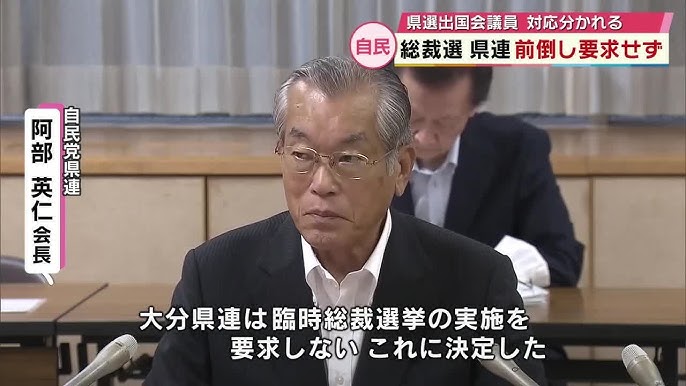Japan is abuzz with the recent discussions of a pre-pushed presidential election, as highlighted by the question: "how many lawmakers are in favor?" This has sparked a wave of calculations, predictions, and political maneuvering across the nation. The story revolves around the fluid political dynamics, debating policy preferences, and the potential impacts of an early election on Japan's socioeconomic landscape.
In Japan, political stability is highly prized and changes in leadership are taken seriously, often involving intense debate, speculation, and public scrutiny. This news pertains to the possible changes in the country's political landscape and the power dynamics within the ruling party. It may yield significant policy shifts, thereby affecting everything from Japan's economy to its international relations.
In the US or EU, early elections can be influenced by various factors such as party dynamics, public opinion, or ongoing national issues. However, they are relatively less common. For example, in the United States, fixed-term periods for the presidency and congress make early elections impossible, whereas in the UK and some European countries, they can occur under particular circumstances.

